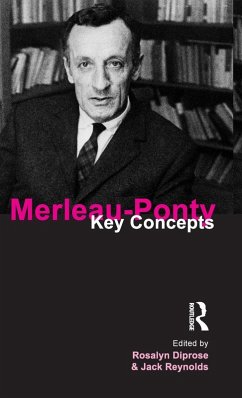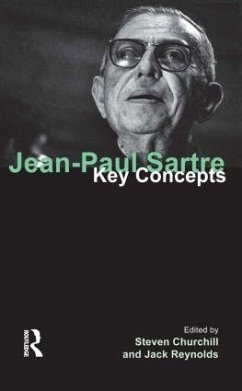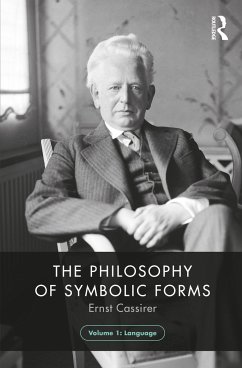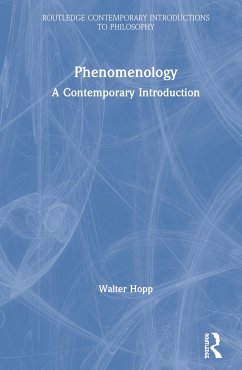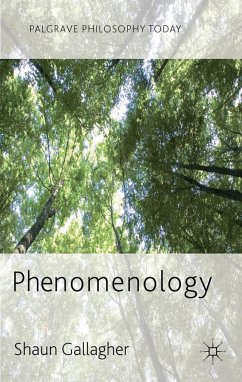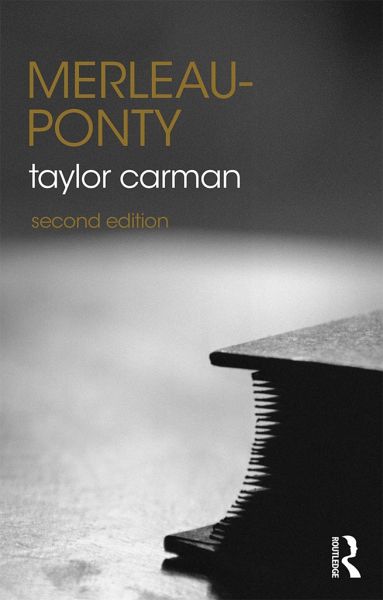
Merleau-Ponty
Versandkostenfrei!
Versandfertig in 1-2 Wochen
167,99 €
inkl. MwSt.
Weitere Ausgaben:

PAYBACK Punkte
84 °P sammeln!
This 2nd edition makes use of the new translation of Phenomenology of Perception, and engages with secondary literature published after the first edition. It also includes two new chapters: on Merleau-Ponty's account of expression, language and thought and on his theories of temporality and freedom.





